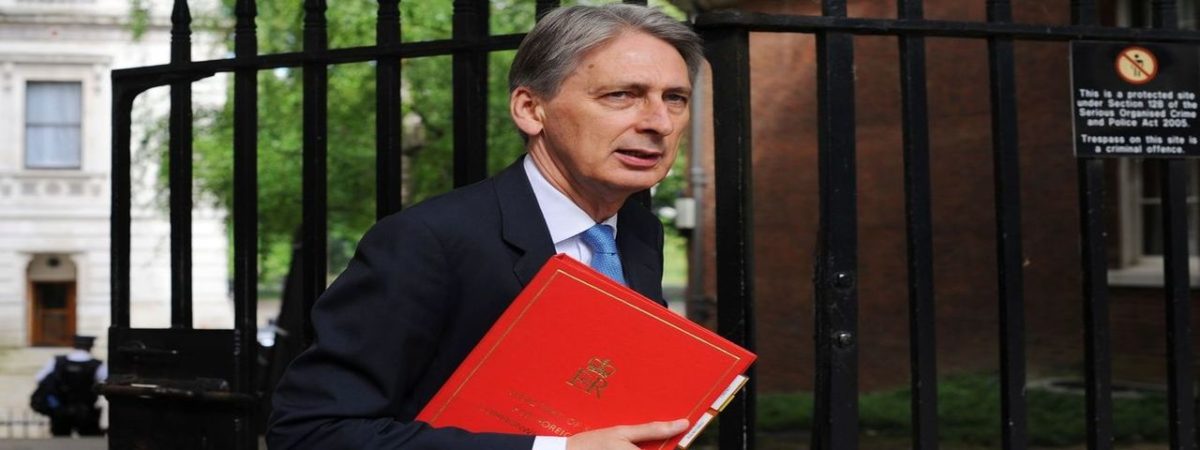UK should attach conditions to any ‘divorce bill’
SUGGESTED

IEA reacts to Autumn Budget 2017

IEA reacts to Labour Party's call for a ban on food adverts

IEA Brexit Unit releases new briefing on the divorce bill
A new briefing from the Institute of Economic Affairs argues that whatever the exact number, the more important question is what, if anything, the UK would be getting in return.
It proposes that the UK could guarantee to pay something now – perhaps €30bn (£27bn) to cover bills until the end of 2020 and a contribution for officials’ pensions. This may be ‘sufficient progress’ to allow the next stage of talks to begin. However, any further payments should then depend on the outcome of these negotiations.
Put into context, £40bn is less than 2% of UK GDP, or three years of the UK’s annual contributions to the EU. It is half the Budget of the flawed HS2 project. Since the ‘divorce bill’ is money that the UK would have to pay anyway if it had remained a member, it would be wrong to regard it as an additional cost of Brexit.
Key points:
- The Brexit ‘divorce bill’ is supposed to settle existing obligations, rather than cover the cost of any future agreements. Some therefore argue that it is simply a matter of honouring past debts and the UK should just pay up
- The problem with this approach is that there is no legal certainty over what it owed
- Even ignoring the argument that the UK can walk away under the terms of Article 50, the amounts depends on a wide range of assumptions – almost all of which are open to debate
- This means that the divorce bill is something that needs to be negotiated. It is therefore right to ask what the UK might be getting in return for paying more than it has already offered – and attach conditions
- The Prime Minister has effectively offered to cover any shortfall until the end of the current EU budget period in 2020. It is likely that the UK will need to pay something extra for the pensions of EU officials too
- But the EU is also demanding large contributions to spending that could take place long after 2020 (and might not happen at all). Instead, the EU should be cutting back to reflect the departure of its second biggest net contributor
- That said, a sizeable payment could still be good value for money if it secures a better deal on the future relationship. And it should soon be offset by the accumulated savings on the UK’s annual payments to the EU budget. Viewed this way, even a figure north of £40bn could be a fair price to pay
Commenting on the briefing, Julian Jessop, Chief Economist and Head of the Brexit Unit at the Institute of Economic Affairs, said:
“Many will feel uncomfortable with the idea that the UK should pay a penny more to the EU. But a final contribution to settle past obligations can still be good value for money, provided the UK gets something in return.”
Notes to editors
For media enquiries please contact Nerissa Chesterfield, Communications Officer: nchesterfield@iea.org.uk or 020 7799 8920 or 07791 390268
To download a copy of the IEA’s briefing on the divorce bill, please click here.
For more information on the IEA’s Brexit Unit, click here.
Further IEA Reading: The IEA Brexit Prize: A Blueprint for Britain-Openness not Isolation
The mission of the Institute of Economic Affairs is to improve understanding of the fundamental institutions of a free society by analysing and expounding the role of markets in solving economic and social problems and seeks to provide analysis in order to improve the public understanding of economics.
The IEA is a registered educational charity and independent of all political parties.



